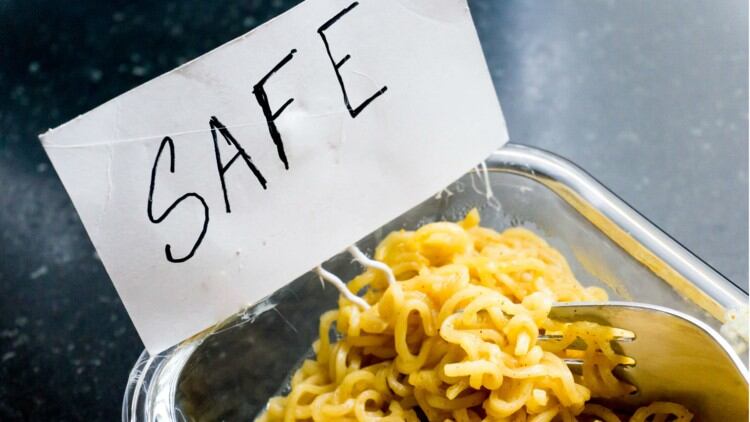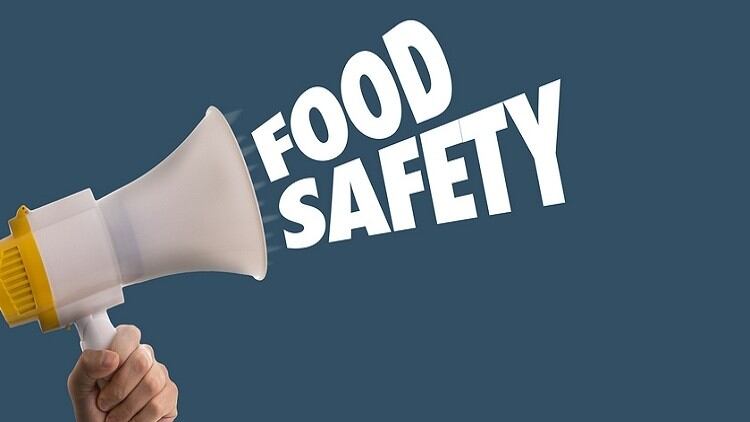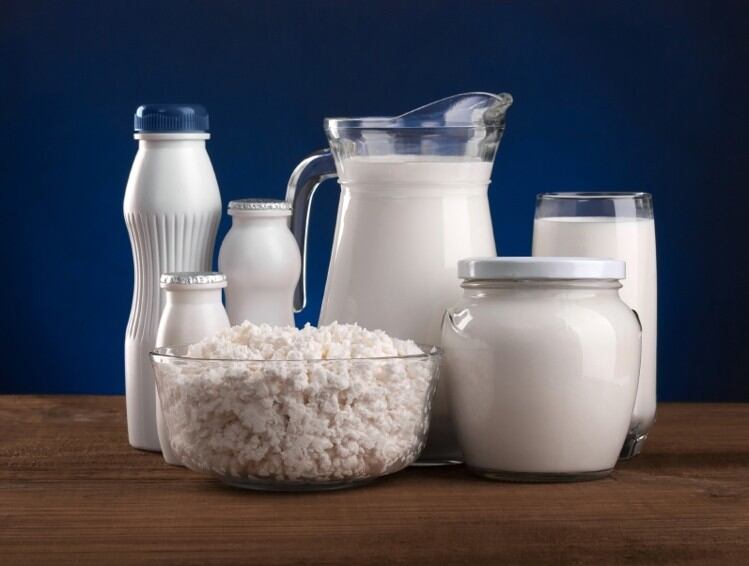‘Innovate or become irrelevant’: Indonesian trade body, food scientists and regulators weigh in on state of nation’s industry
International and local investment into Indonesia’s food and beverage industry is continuing to rise, but a trio of experts have underlined a series of challenges – from innovation to collaboration and food safety – that the sector has to confront to fulfil consumer needs and harness further growth.
At last week’s Fi Asia event in Jakarta, we listened to views from trade association GAPMMI, food and drug regulator BPOM and food science organization SEAFAST
While all stressed the opportunities that were being delivered by demographic changes, trade laws or innovation, all three said these were coupled with challenges that needed to be overcome.
Philippines-Japan food trade: South East Asian nation must meet safety standards to benefit from export market
The Philippines Department of Trade and Industry (DTI) is striving to educate food firms on Japan food safety standards in a bid to reap export rewards.
Conducted together with the Export Marketing Bureau (EMB) and the Foreign Trade Service Corps, the session aimed to educate companies and exporters about food safety standards in Japan, and the relevant applicable practices.
According to DTI-EMB’s Food and Agri-Marine Division Chief Rose Marie Castillo, the country’s top exports to Japan are tuna, crustaceans, fresh fruits, fruit extracts and sugar and sweeteners.
China traceability rule changes: “QS” quality and safety logo no longer permitted for use
Food and beverage manufacturers operating in China are now required to use a new set of quality and safety marks.
Manufacturers can no longer use the “QS” logo, but to replace it with an identification code that comprises of the alphabets “SC” and 14 digits.
The new system is meant to improve product tracing mechanism.
Besides general food items such as oil, meat, dairy, beverages, and canned food, health food and foods for special medical purposes will also need to comply with the regulation.
Enabling food safety research: New Singapore centre seeks food industry applicants
The Waters-sponsored International Food and Water Research Centre (IFWRC) has opened its doors to applicants from food companies and other scientists with food and water safety-related projects.
Successful applicants will be provided with a fully-stocked prep lab, an analytical lab and office space complete with conference room facilities in order to comfortably complete their projects.
“Innovative research is essential to the future safety and sustainability of our food and water supplies,” said the IFWRC on its website.
“[We] believe in providing access to the most advanced specialty instrumentation, scientific minds, and funding options, in order to support meaningful projects and enable valuable research to be undertaken quickly and effectively.”
Hong Kong milk found to contain B. cereus bacteria 38 times higher than the approved limit
A brand of skimmed milk manufactured in Hong Kong has been found to contain excessive amounts of the Bacillus cereus (B. cereus) bacteria.
The product in question was Kowloon Dairy’s 236ml Hi-Calcium skimmed milk with an expiry date of Aug 23, Hong Kong Centre for Food Safety said in an alert statement.
The case was brought to light when the centre was following up on a consumer complaint.
After conducting sample test on the product sold in a supermarket in Sha Tin, the centre found that it contained a B. cereus bacteria count of 3.8 million/g.
This is 38 times higher than the approved limit.





